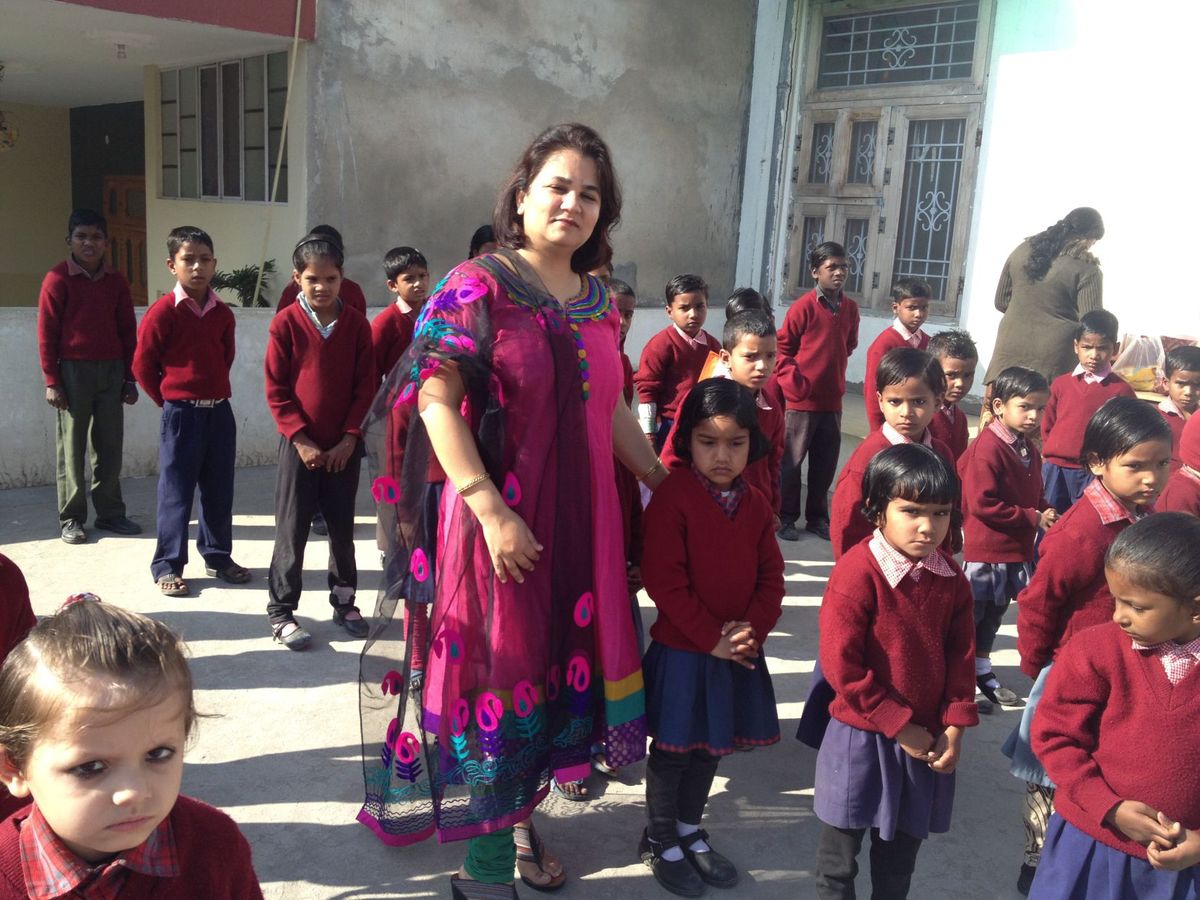According to a recent news report published in Indian newspapers, India accommodates more than 30 percent of approximately 385 million children who are living in absolute poverty.
And by the year 2030:
- 167 million children around the globe will be living in poverty
- 69 million of world’s children aged 5 years and less will die due to mostly preventable causes
- 750 million girls in the world will fall prey to child marriage.
But this anticipated scenario can be changed if required measures are taken either by the government or by individuals who believe that these underprivileged people too deserve a better life.
‘Underprivileged’ sounds like a depressing word. Have you ever thought about it and imagined the depth of this word? Poverty, illiteracy and early death are the three conditions that summarize this term. Unprivileged children, who are the world’s poorest children living in slum areas and on the streets, lead a life where in there is no money, no education, lack of sanitation facilities, food and safe drinking water and no proper houses. All this leads to problems like child labor, child marriage, major health issues and crime, posing a threat to urban society and development of the country. The same conditions are passed on to the coming generations of slum dwellers, making their upliftment difficult in the society.
Why do children abroad have all the privileges and India doesn’t? The major reason behind why most people in India are unable to enjoy all the privileges is the absence of awareness and education in India which results from poverty. What do you think makes most of the foreign countries get ahead of India? Why even the most underprivileged children living abroad are getting all the education unlike the disadvantaged kids in India?
The biggest cause is increasing population and limited financial resources. In a developing country like India, where population is growing at a fast pace, it is facing a major financial deficit. And, due to lack of funds, the country is unable to have schools and impart education to every child.
While there are people who simply listen, think and get back to the usual chores of their life, I have started a school called Pratham Shiksha for the slum-dwellers of Jaipur, Rajasthan, giving them a ray of hope.
After analyzing the plight of underprivileged people in the city, I took a decision: empowerment of the underprivileged by educating them and making a difference in their lives. In 2005, I opened Pratham Shiksha, an NGO school to promote basic education for such children residing in the slum areas of Jaipur. I also aims at:
- Imparting quality education to these people
- Making them self-independent in life
- Providing all the basic facilities (like food, clothes and education) to adopted poor children.
What ignited this was a trip to the United States, where I discovered that no matter how poor the people are, every child receives education. But, in India, most of the kids are deprived of schools.
I believe that “it’s not about ideas, it’s about making ideas happen.” And, this has always prompted me to execute ideas and follow my passion. I have stayed determined to my decision and started the school in a small garage, which has now evolved into a full-fledged school up to the 8th standard. I further plan to upgrade the school up to 10th standard and expand the student base so that more and more children are exposed to education.
I am proud to say that more than 3,000 students have been educated at Pratham Shiksha to date. But the journey wasn’t so easy. After the inception of the organization, I had to visit the slum areas of Jaipur on a daily basis. I interacted with the slum-dwellers, discussed their problems and often gave solutions. After a lot of hard work and efforts, I could manage to earn the trust of these underprivileged people. And, as a result, students started coming to the school.
Since that day, I have been standing strong for achieving my goal and constantly working to improve the lives of many.
Like every dream starts with a vision, I saw a bright future of underprivileged people through my vision, which is:
- To expand in other cities as well like Delhi, Mumbai, Bangalore, etc.
- Eradicate illiteracy by the year 2020.
